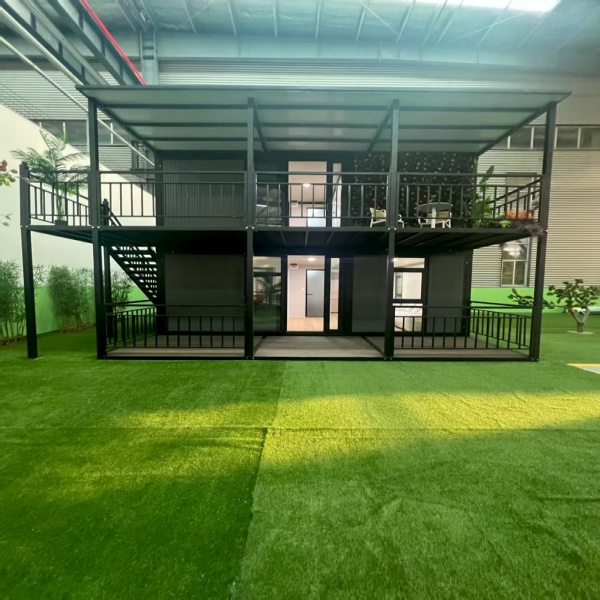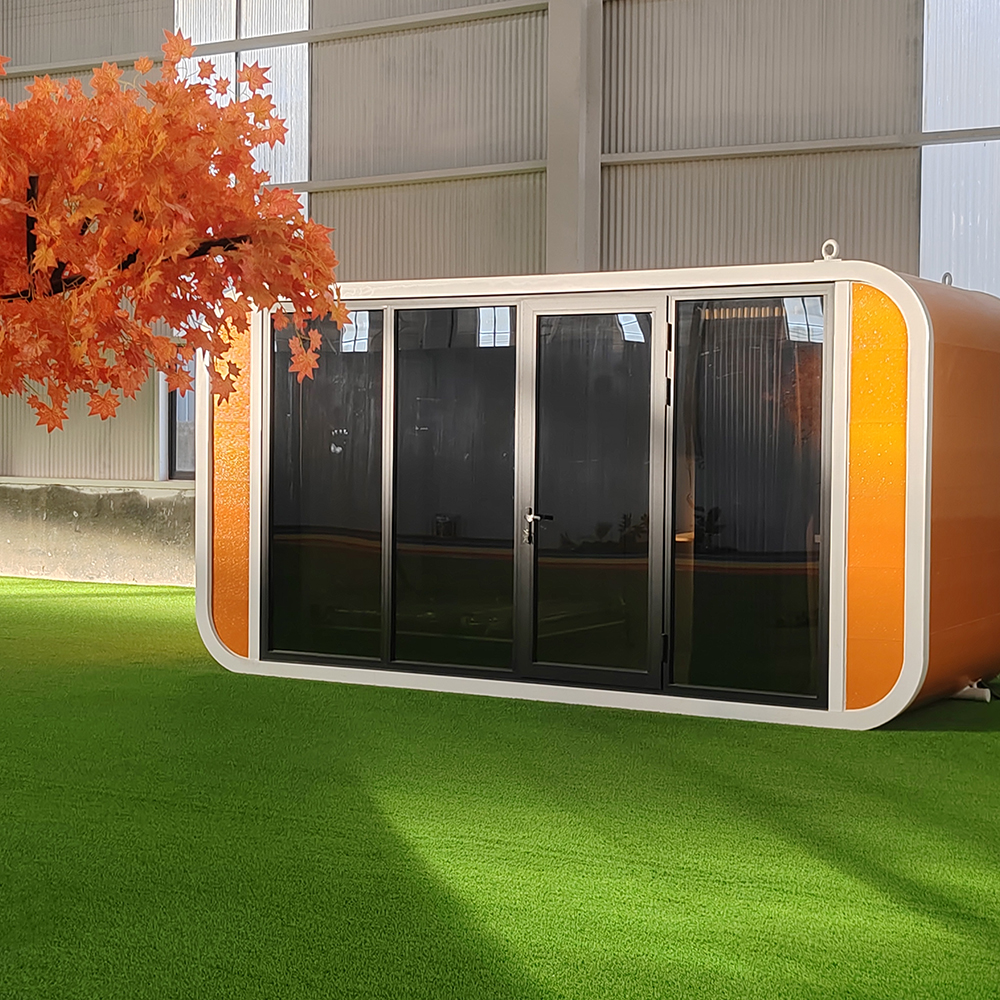-
E-mail
Austin120521@outlook.com -
E-mail
sales@jujiuhouse.com -
Telephone
+86-17864099991 -
Telephone
+86-17854044442
- Chinese
- French
- German
- Portuguese
- Spanish
- Russian
- Japanese
- Korean
- Arabic
- Irish
- Greek
- Turkish
- Italian
- Danish
- Romanian
- Indonesian
- Czech
- Afrikaans
- Swedish
- Polish
- Basque
- Catalan
- Esperanto
- Hindi
- Lao
- Albanian
- Amharic
- Armenian
- Azerbaijani
- Belarusian
- Bengali
- Bosnian
- Bulgarian
- Cebuano
- Chichewa
- Corsican
- Croatian
- Dutch
- Estonian
- Filipino
- Finnish
- Frisian
- Galician
- Georgian
- Gujarati
- Haitian
- Hausa
- Hawaiian
- Hebrew
- Hmong
- Hungarian
- Icelandic
- Igbo
- Javanese
- Kannada
- Kazakh
- Khmer
- Kurdish
- Kyrgyz
- Latin
- Latvian
- Lithuanian
- Luxembou..
- Macedonian
- Malagasy
- Malay
- Malayalam
- Maltese
- Maori
- Marathi
- Mongolian
- Burmese
- Nepali
- Norwegian
- Pashto
- Persian
- Punjabi
- Serbian
- Sesotho
- Sinhala
- Slovak
- Slovenian
- Somali
- Samoan
- Scots Gaelic
- Shona
- Sindhi
- Sundanese
- Swahili
- Tajik
- Tamil
- Telugu
- Thai
- Ukrainian
- Urdu
- Uzbek
- Vietnamese
- Welsh
- Xhosa
- Yiddish
- Yoruba
- Zulu
- Kinyarwanda
- Tatar
- Oriya
- Turkmen
- Uyghur

China expandable prefab mobile house prefab home 19x20ft mobile home
The Evolution of Expandable Prefab Mobile Houses in China
In recent years, the advent of expandable prefab mobile houses has reshaped the housing industry in China. These structures, such as the 19x20ft mobile home, have become notable for their efficiency and adaptability. Yet, there are common misconceptions and underlying complexities in their production and deployment that often go unnoticed.
Understanding the Basics
Packed with features and modern conveniences, the idea of a mobile home challenges traditional housing norms. Particularly in China, companies like Shandong Jujiu Integrated Housing Co., Ltd. have innovated in the space, pushing the boundaries of design and function. Their approach integrates R&D, which is crucial in staying ahead of the curve in this competitive market.
Customers frequently misunderstand what an expandable prefab mobile house implies. It’s not merely about mobility or prefabrication; it’s about offering a full-fledged living experience. For instance, the 19x20ft size might sound limiting, but clever design optimizations can make it surprisingly spacious.
Shandong Jujiu, approachable via their website here, exemplifies how prefab technology combines swift production with high customizability. An understanding of local needs and climatic conditions plays a significant role in their designs.
Insights from the Field
One might think the installation of such homes is straightforward, but field experiences tell another story. It’s crucial to consider location-specific factors. A case in point was an installation project in a remote area where unforeseen terrain challenges required significant on-the-spot adjustments.
Collaborating with engineers on these projects often reveals the importance of a detailed pre-installation survey. Sometimes, designs have to be tweaked last minute to accommodate unexpected topographical hurdles. Such adaptability marks the difference between theoretical design and practical real-world application.
Moreover, the real test of these prefab houses is not just in how quickly they can be assembled, but in their resilience over time. I've witnessed firsthand how the structural integrity of well-designed mobile homes can stand up to severe weather, thanks to meticulous engineering.
Challenges and Solutions
One of the persistent challenges in manufacturing expandable prefab homes is striking the right balance between cost-effectiveness and quality. Shandong Jujiu tackles this by streamlining their supply chain and focusing on local sourcing, which both reduces costs and ensures quality control.
Another issue is scalability. As the demand rises, the capacity to produce consistently high-quality homes becomes crucial. This necessitates ongoing investment in advanced manufacturing technologies and skilled labor, areas where companies like Jujiu are making steady progress.
It's also worth noting the role of customer education. By clearly communicating the benefits and limitations of prefab mobile homes, companies can manage expectations and ensure greater satisfaction.
Looking to the Future
The potential for expandable prefab homes in China is enormous, not just for residential purposes but also for commercial and emergency applications. The versatility of designs allows them to cater to diverse needs, offering a glimpse into the future of flexible living spaces.
Innovations in materials, such as lighter yet stronger composites, are on the horizon. These advancements promise to further enhance the sustainability and efficiency of mobile home models, potentially transforming industries reliant on traditional construction methods.
In conclusion, while prefab mobile homes like the 19x20ft model offer numerous benefits, their successful implementation requires an intricate understanding of both engineering and local contexts. Companies, including Shandong Jujiu, are at the forefront, navigating these challenges to redefine modern living.
Real-Life Implementations
Let’s talk about an actual customer story. A family opted for a 19x20ft mobile home from Jujiu, situated in a scenic rural landscape. During the setup, unforeseen weather conditions taught valuable lessons about timing and preparation.
The key was finding a solution that not only met aesthetic desires but also adhered to functional needs. The outcome was a home that flawlessly complemented its environment, simultaneously standing as a testament to smart engineering.
Such experiences underscore the tangible impact of these homes on improving living standards, supporting lifestyle changes, and catering to diverse needs—all core aspects of Jujiu's mission.
Related products
Related products
Best selling products
Best selling products-
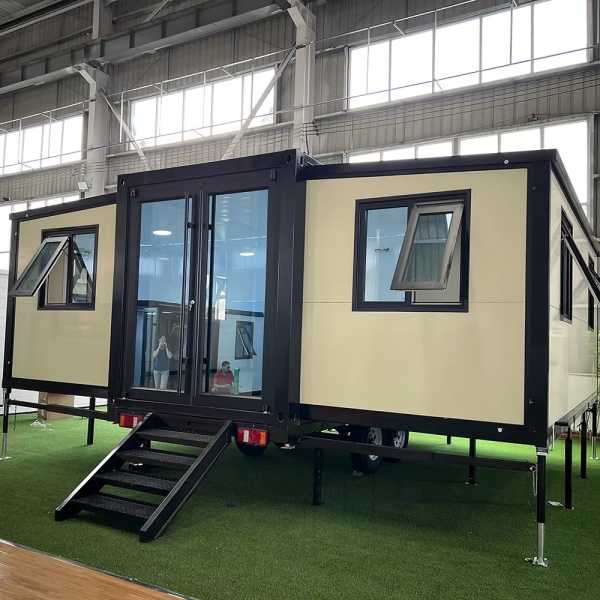 Stair Access Double Wing Expandable Container House | Easy Installation Mobile Office
Stair Access Double Wing Expandable Container House | Easy Installation Mobile Office -
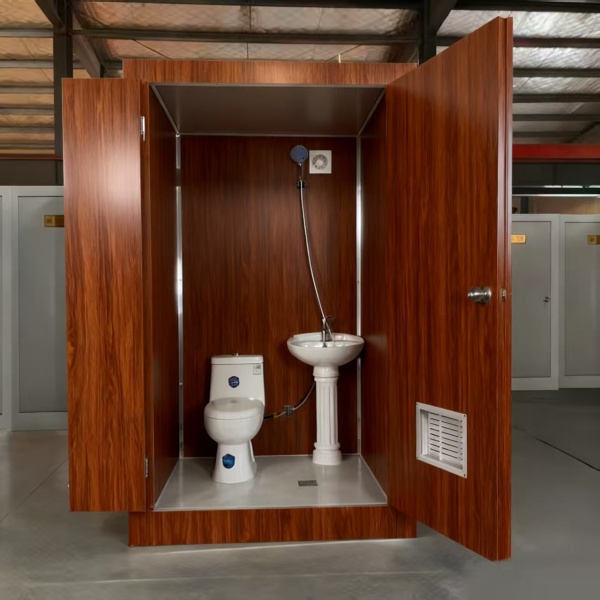 Portable outdoor camping bathroom, mobile toilet, prefabricated modular villa & rental of outdoor and indoor showers
Portable outdoor camping bathroom, mobile toilet, prefabricated modular villa & rental of outdoor and indoor showers -
 Waterproof folding container house – mobile accommodation for campsites/scenic spots
Waterproof folding container house – mobile accommodation for campsites/scenic spots -
 High-quality Double-wing Folding Container House with Doors and Windows, Insulated Walls, Suitable for Various Scenarios.
High-quality Double-wing Folding Container House with Doors and Windows, Insulated Walls, Suitable for Various Scenarios. -
 Customized Two Wing Folding Expandable Container House
Customized Two Wing Folding Expandable Container House -
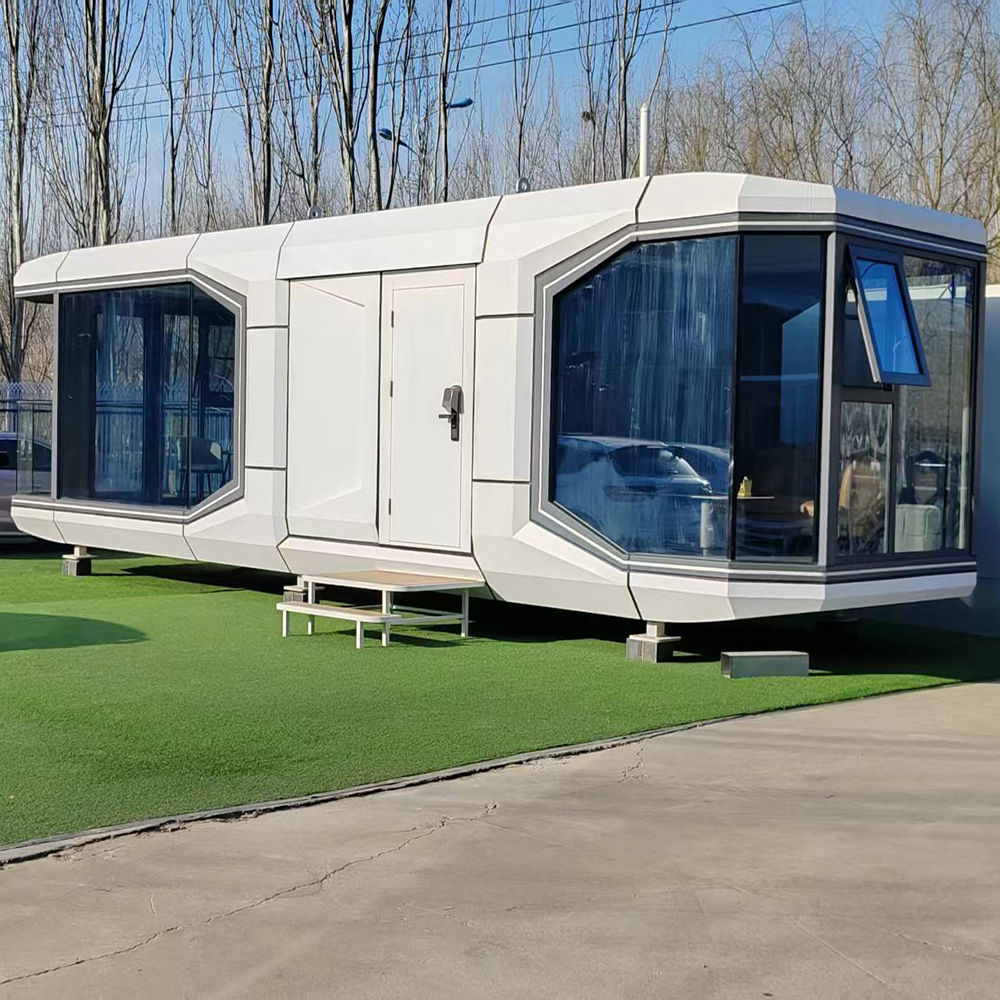 Luxury High Quality 2 Bedroom Container Home Prefabricated Steel Space Capsule for Office Shop Hotel or Outdoor House
Luxury High Quality 2 Bedroom Container Home Prefabricated Steel Space Capsule for Office Shop Hotel or Outdoor House -
 The foldable container house with side wing design can be quickly set up and is suitable for various environments.
The foldable container house with side wing design can be quickly set up and is suitable for various environments. -
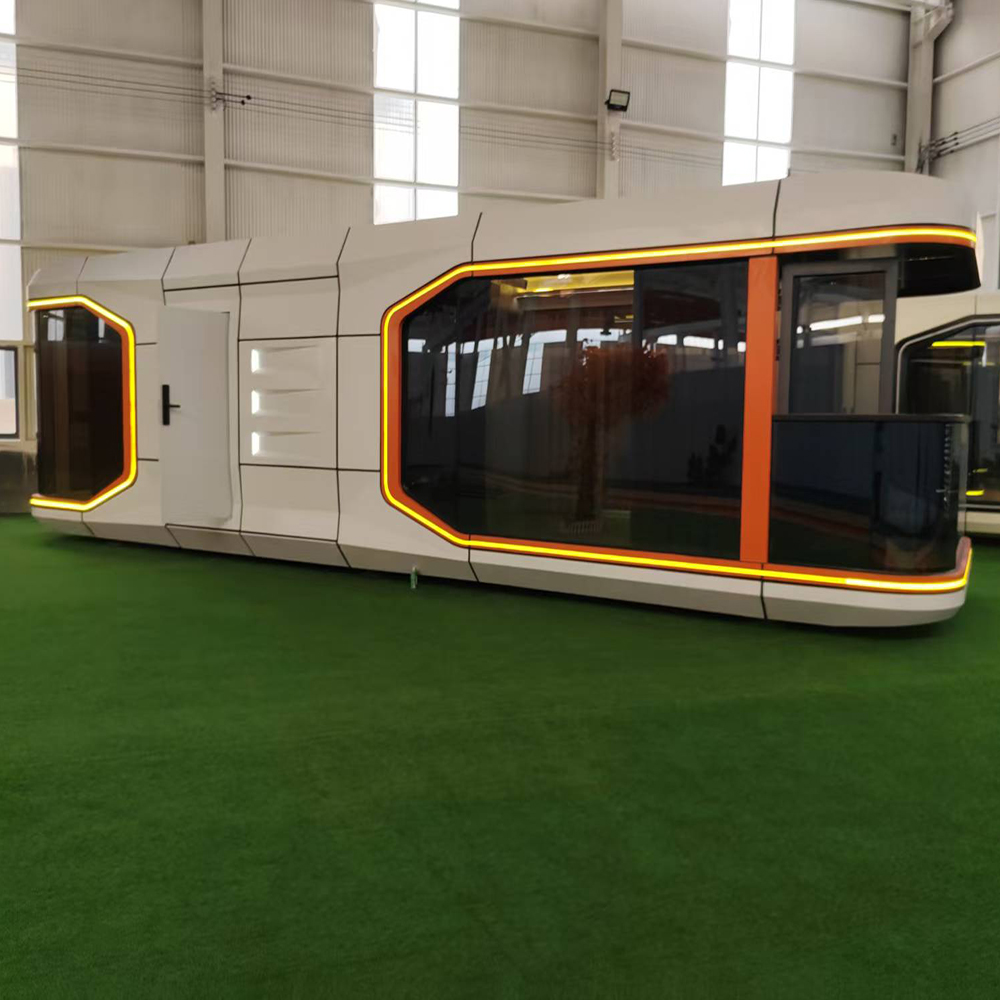 Standard Modern Camping Pod Space Prefabricated Portable Mobile Capsule Room Hotel Bathroom Prefabricated Spaceship House
Standard Modern Camping Pod Space Prefabricated Portable Mobile Capsule Room Hotel Bathroom Prefabricated Spaceship House -
 Customized Expandable Container House Holiday Home Folding Prefab Container House with Bathroom and Kitchen
Customized Expandable Container House Holiday Home Folding Prefab Container House with Bathroom and Kitchen -
 A container house with a terrace and double-wing folding design, suitable for various purposes such as offices, meeting rooms, living rooms, etc.
A container house with a terrace and double-wing folding design, suitable for various purposes such as offices, meeting rooms, living rooms, etc. -
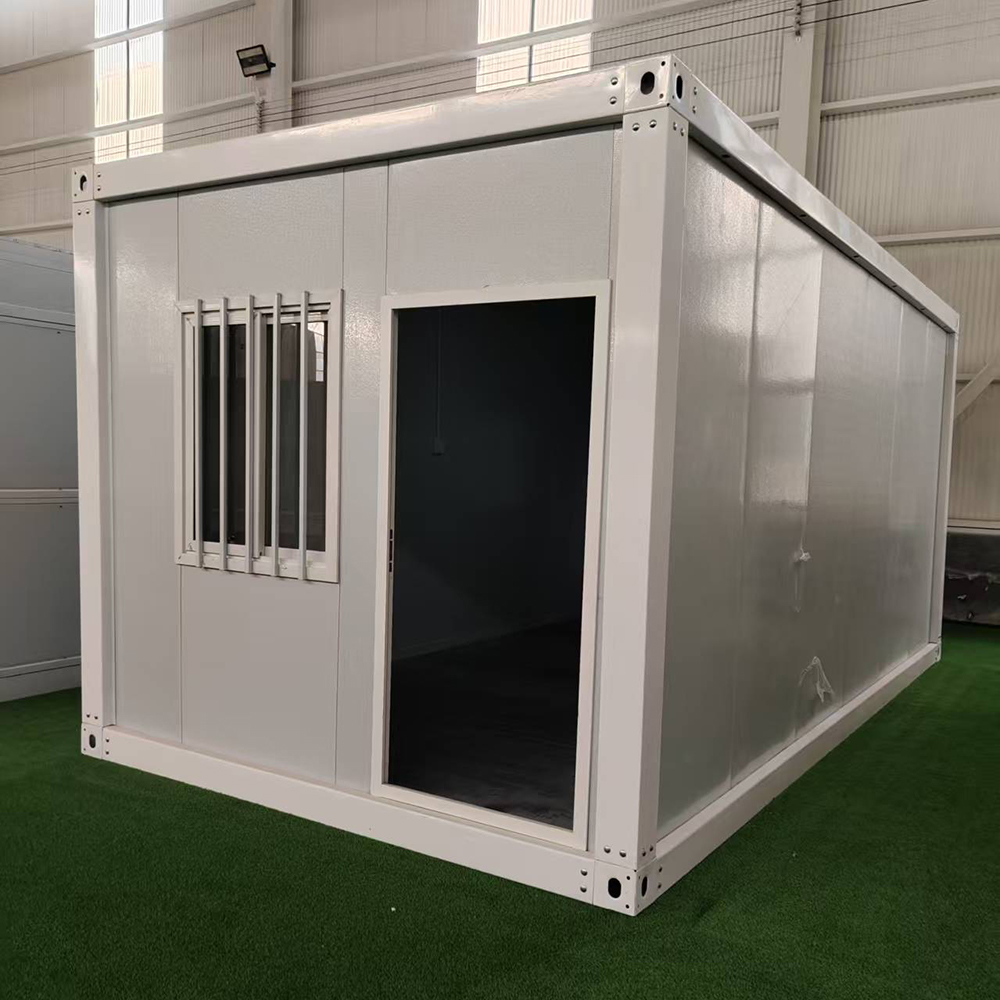 Folding Container Moving House Modular Office Container House Prefab Container for Outdoor Use
Folding Container Moving House Modular Office Container House Prefab Container for Outdoor Use -
 Good Quality Modular Homes Prefabricated House Expandable Container House 20FT Mobile Flat Roof House
Good Quality Modular Homes Prefabricated House Expandable Container House 20FT Mobile Flat Roof House
Related search
Related search- apple office cabin house
- Buy portable folding house
- China capsule house commercial space
- China folding house elon musk
- China space capsule hotel
- prefabricated folding container house
- Buy bedroom space capsule
- China foldable homes 20ft office folding container house
- China price folding container house with toilet
- Buy 40ft expandable container house










